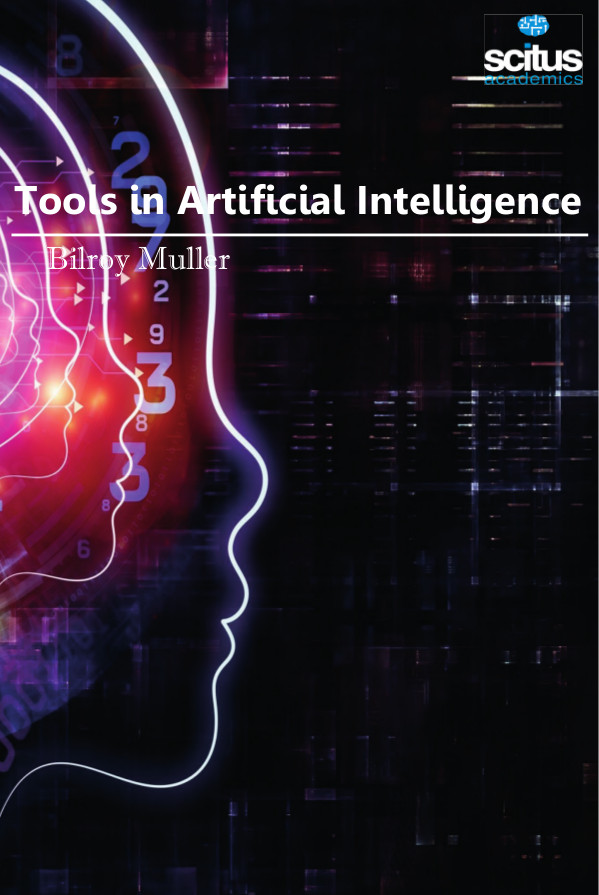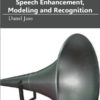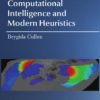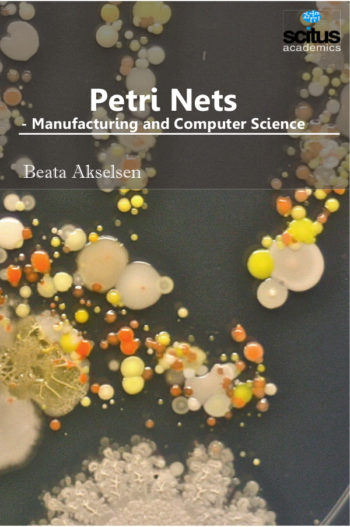Artificial intelligence (AI) is the simulation of human intelligence processes by machines, especially computer systems. These processes include learning (the acquisition of information and rules for using the information), reasoning (using the rules to reach approximate or definite conclusions), and self-correction. Particular applications of AI include expert systems, speech recognition, and machine vision. There are a large number of tools used in AI, including versions of search and mathematical optimization, logic, methods based on probability and economics, and many others. The AI field is interdisciplinary, in which a number of sciences and professions converge, including computer science, mathematics, psychology, linguistics, philosophy and neuroscience, as well as other specialized fields such as artificial psychology. Today AI techniques have become an essential part of the technology industry, providing the heavy lifting for many of the most challenging problems in computer science.
Tools in Artificial Intelligence emphasize on some potential applications and give a partial picture of the current state-of-the-art of AI. The book provides technical aspects of specifying, developing, and evaluating the theoretical underpinnings and applied mechanisms of AI tools. Furthermore, it is convenient to inspire some future research ideas by identifying potential research directions. It is devoted to students, researchers and practitioners in this area or in related fields.













